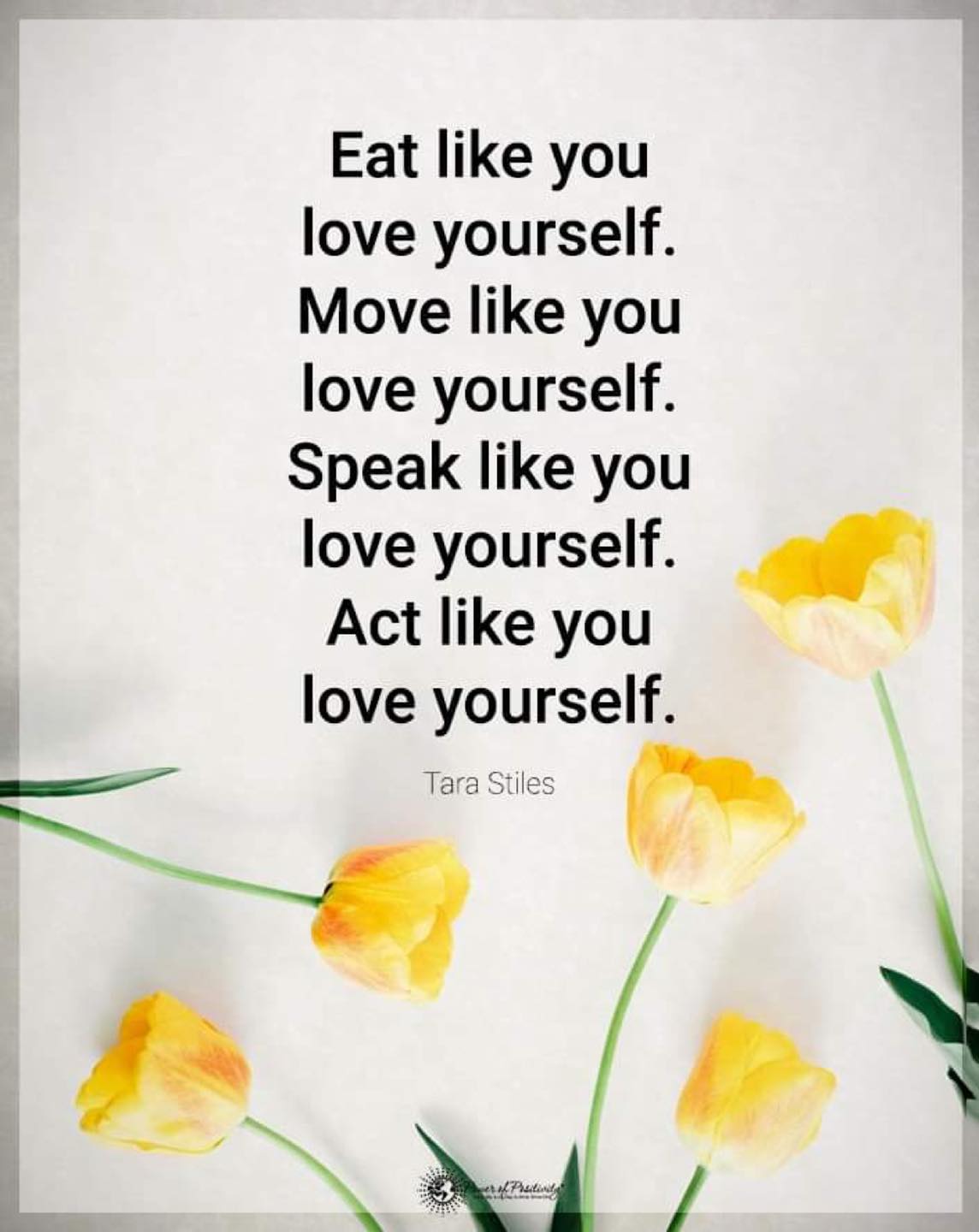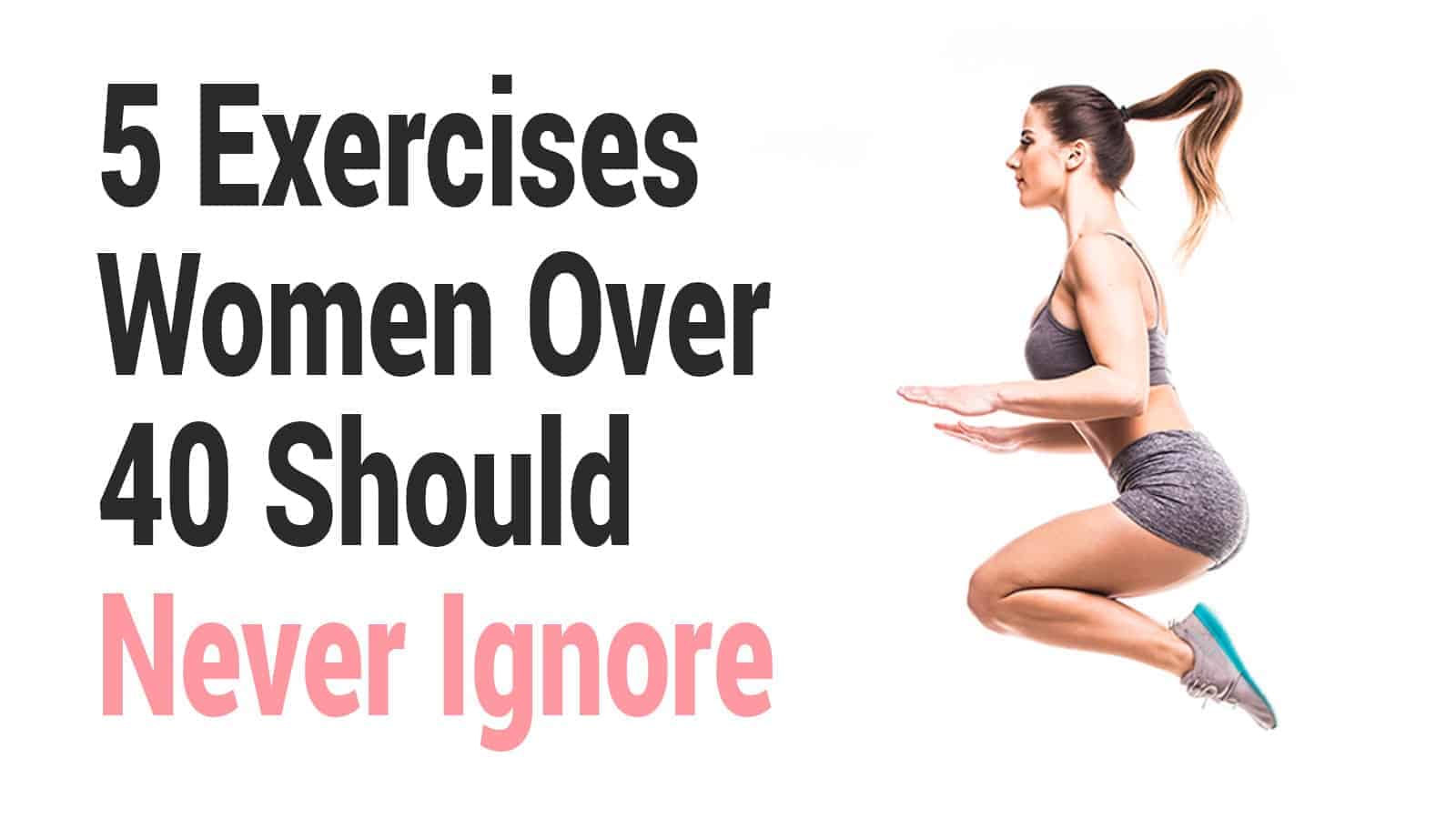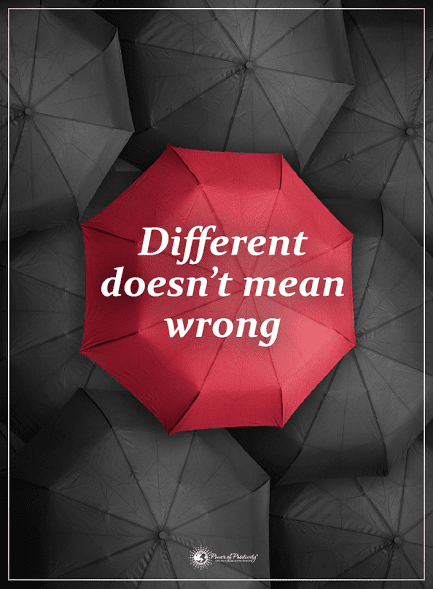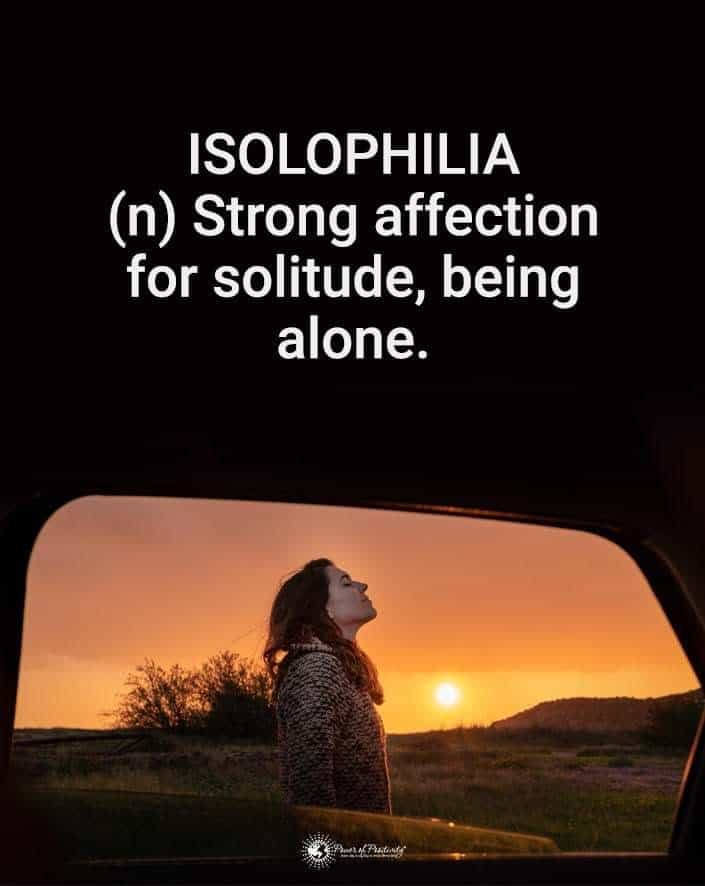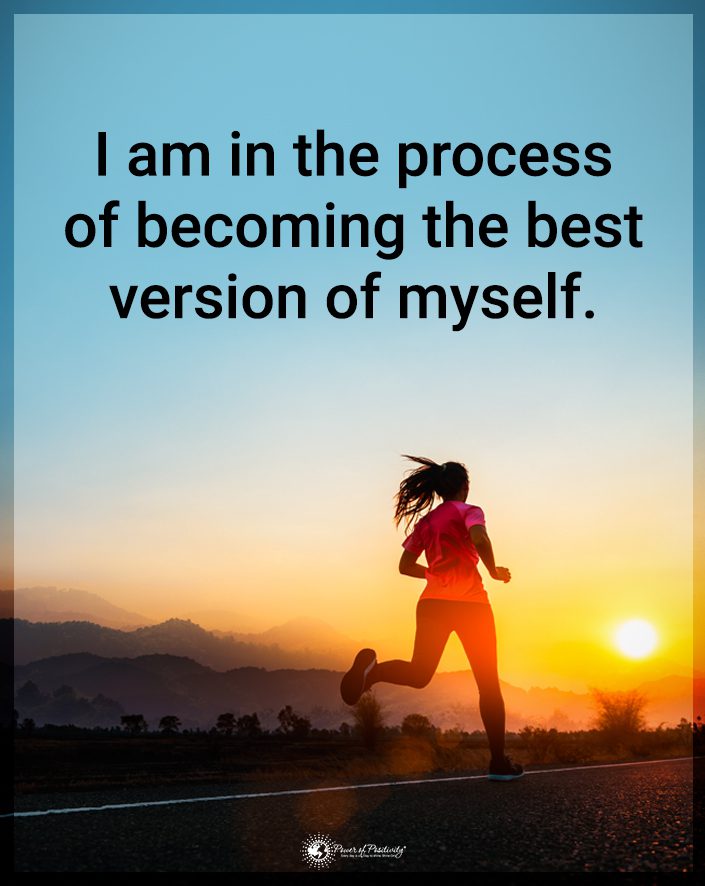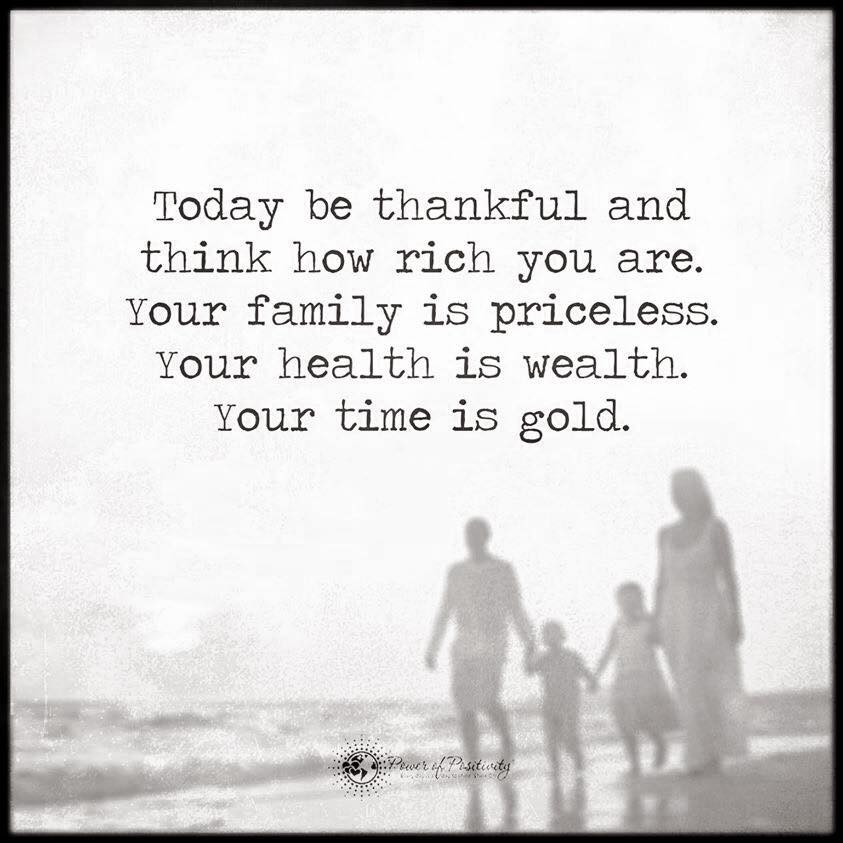Soulmates can happen more often than you think. Finding someone that you’re connected with on a spiritual level is an amazing thing. Dating can be a mixed bag of amazing relationships and subpar ones. And then, of course, if you’re lucky, you can find the One. A true soul connection feels as if they fill a space inside your ribs that you didn’t know that you were missing.
But how do you know when you’ve met the one? A lot of relationships are good, and they can definitely feel like a soul connection. You may feel positive and happy when you’re around that person – but a soul connection goes deeper. When you meet someone that you have a soul connection with, the signs will be there from the very beginning. How do you know that you have a soul connection with your partner?
4 SIGNS YOU HAVE A TRUE SOUL CONNECTION WITH YOUR PARTNER
“A soul mate is not found. A soul mate is recognized.” – Vironika Tugaleva
1. YOU’RE PHYSICALLY INTIMATE WITH ONE ANOTHER
Sure, everyone enjoys being physically affectionate and intimate with their partners. But when you have a soul mate level connection, you always want to be connected with them – whether this means holding their hand or touching the small of their back, or even having sex.
Being physically intimate with your partner is a way to strengthen your relationship and bond, and you always feel amazing once you’re finally able to be within touching distance. You just can’t keep your hands off one another, and the romantic spark never fades or lessens.
2. YOU’RE IN IT FOR THE LONG HAUL
If you ever get the urge to cut and run after a few months of dating, you’ll probably know the difference right away when you meet your soulmate. All those feelings of fear when it comes to commitment will be long gone. You know that you’re in it forever.
You can feel that you’re going to be happy with the same person for the rest of your life, and you fantasize about your life together months and years down the line. When you have a soulmate connection with your partner, you can’t fathom your life without them – and that’s just fine. You wouldn’t rather be anywhere else.
3. YOUR BOND WAS INSTANT
Figuring out that you have a soul connection with another person can happen almost instantaneously. When you met them, you’ll have bonded with them with just a few words. Your thoughts, interests and opinions line up, and even when they don’t you get a significant boost from talking about anything and everything.
Your ability to communicate is almost otherworldly. This is one of the best ways to know that this person is going to be in your life forever, even if it’s not always romantically. You’ll always remember the exact moment that you met, down to what you were wearing and who you were with.

4. YOU BECOME A BETTER PERSON WHEN YOU’RE WITH YOUR SOUL CONNECTION
Whether this means you become more patient, or you become more positive, being with your soul mate brings out the absolute best in you. And it isn’t just a one-way street. You also bring out all the best in your partner. Together, the two of you create an orbit of positivity, and inspire other people in your life to be happier and kinder to themselves and others as well.
You find that you are more understanding than you used to be, or you are learning to exhibit more empathy for other people, especially your significant other. You may still have flaws, but you will start to learn how to manage them and they will have less of an impact on your life.
Finding someone who hits all these points is a beautiful thing. If you’re trying to figure out whether or not you’ve met your soulmate, consider these points. Your whole life will seem more positive when you’re around them. Even all your hardships will be easier to weather when you have your soulmate at your side. A soul connection with another person can change who you are for the better – but if can always bring out the person that you were always meant to be. It may feel like you’ve been waiting your whole life for this person to show up – and if they finally have, enjoy it. They’ll be just as devoted to you as you are to them.

